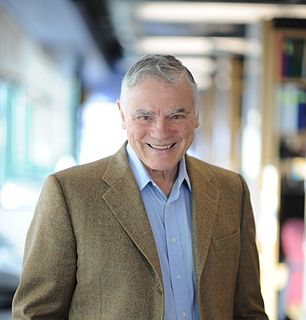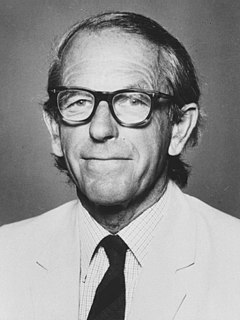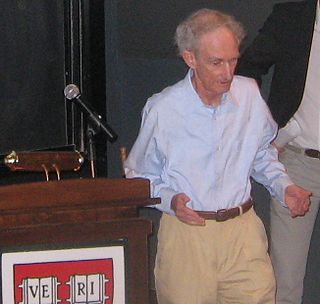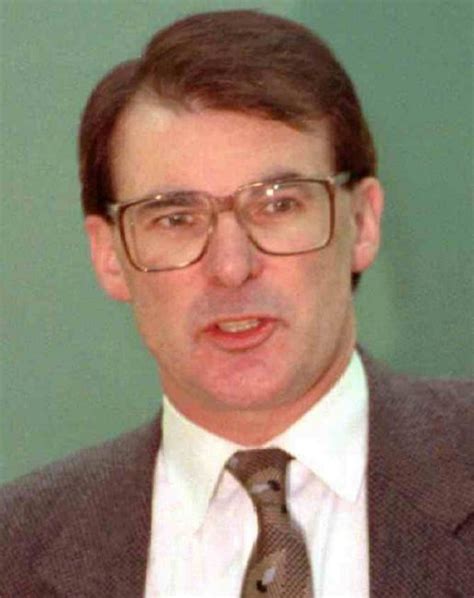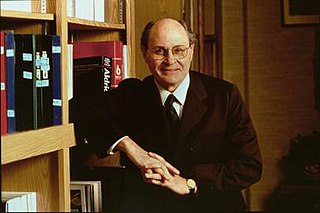A Quote by Leroy Hood
In the late 1970s, when I was a professor at Caltech, I pioneered four instruments for analyzing genes and proteins that revolutionized modern biology - and one of these, the automated DNA sequencer, enabled the Human Genome Project.
Related Quotes
A DNA sequence for the genome of bacteriophage ?X174 of approximately 5,375 nucleotides has been determined using the rapid and simple 'plus and minus' method. The sequence identifies many of the features responsible for the production of the proteins of the nine known genes of the organism, including initiation and termination sites for the proteins and RNAs. Two pairs of genes are coded by the same region of DNA using different reading frames.
Recently, results of the Human Genome Project have shattered one of Science's fundamental core beliefs, the concept of genetic determinism. We have been led to believe that our genes determine the character of our lives, yet new research surprisingly reveals that it is the character of our lives that controls our genes. Rather than being victims of our heredity, we are actually masters of our genome.
As was predicted at the beginning of the Human Genome Project, getting the sequence will be the easy part as only technical issues are involved. The hard part will be finding out what it means, because this poses intellectual problems of how to understand the participation of the genes in the functions of living cells.
Growing up in the Libya of the 1970s, I remember the prevalence of local bands who were as much influenced by Arabic musical traditions as by the Rolling Stones or the Beatles. But the project of 'Arabisation' soon got to them, too, and western musical instruments were declared forbidden as 'instruments of imperialism.'
